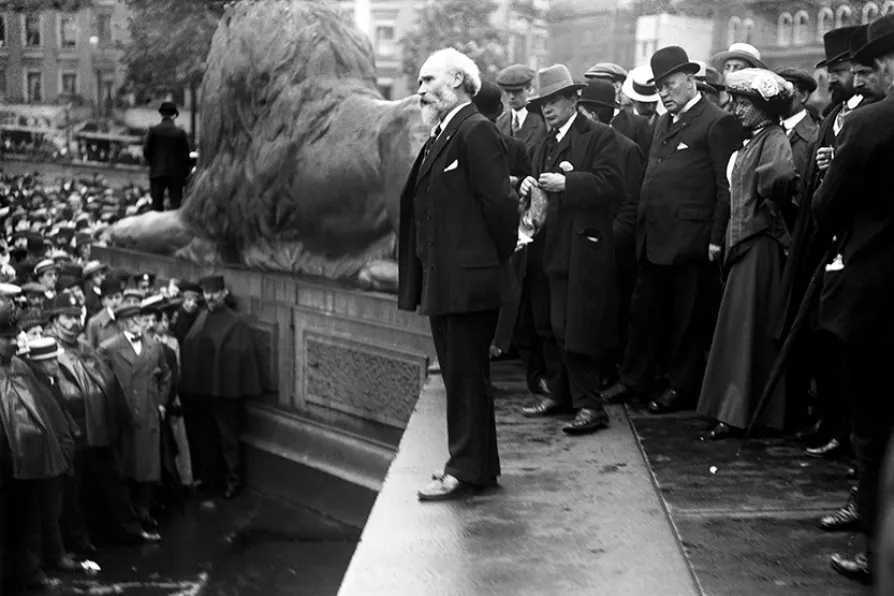From London’s holly-sellers to Engels’s flaming Christmas centrepiece, the plum pudding was more than festive fare in Victorian Britain, says KEITH FLETT

 Keir Hardie (1856-1915)
Keir Hardie (1856-1915)
“GIVEN a strong lead, the Welsh people will place themselves in the van of the socialist movement. Kindly disposed by nature, genial in their relationships one to the other, living justice, and hating oppression, they can easily be roused up to battle.”
Today marks the anniversary of Keir Hardie’s birth which always presents an opportunity to consider his role in the development of socialist politics and working-class representation and consider any lessons that are still relevant today.
The words above were his comments, in his paper the Labour Leader, following his 10-day tour of the South Wales coalfield during the great coal strike of 1898, 125 years ago this summer.

Corbyn and Sultana’s ‘Your Party’ represents the first attempt at mass socialist organisation since the CPGB’s formation in 1921, argues DYLAN MURPHY

The historic heartland of anti-fascist resistance and mining militancy now faces a new battle — stopping Nigel Farage. ANDREW MURRAY meets ex-Labour MP Beth Winter and former Plaid leader Leanne Wood, the two socialists leading the resistance












